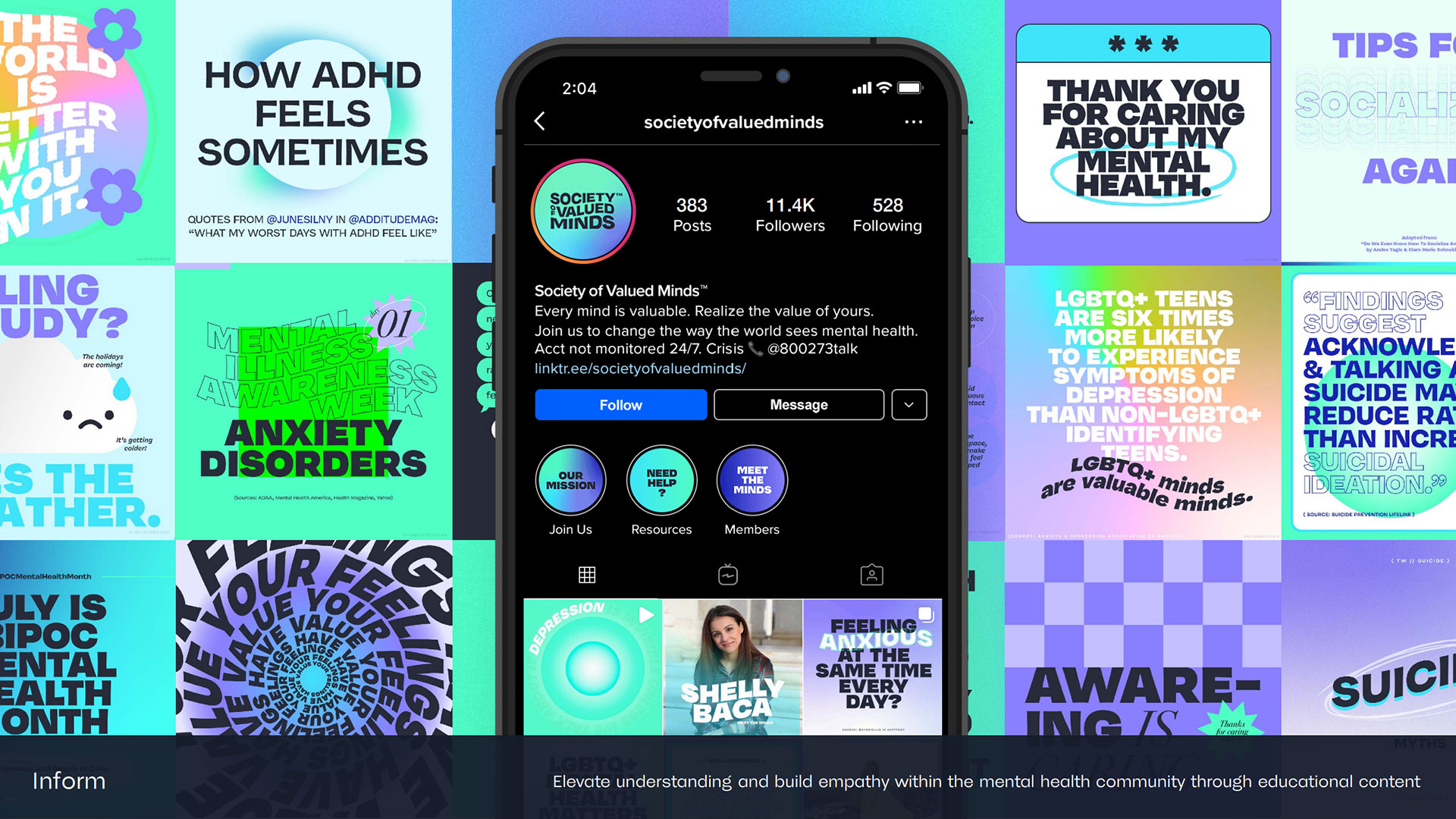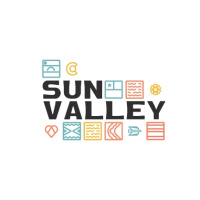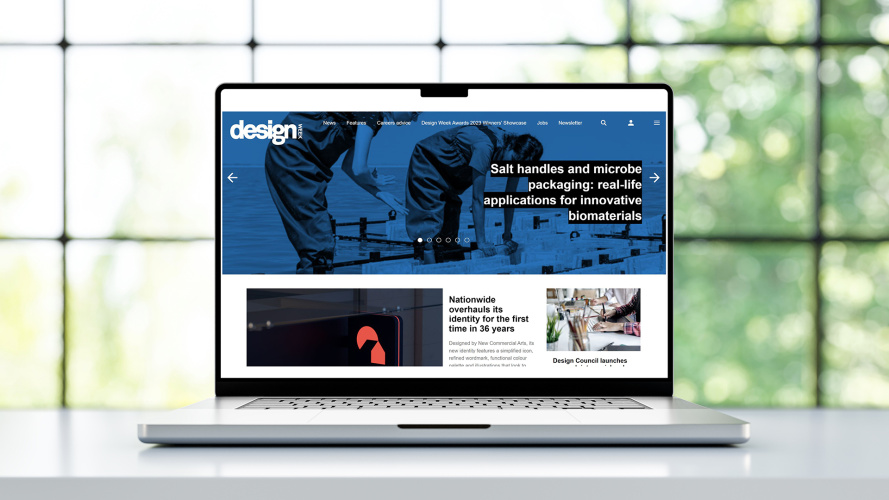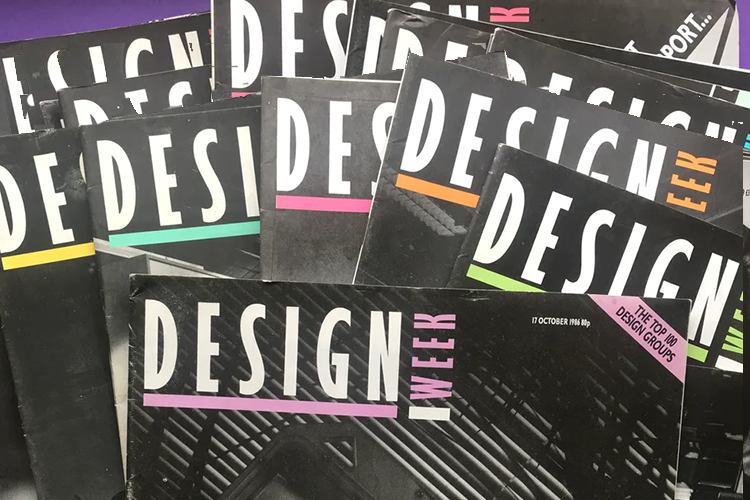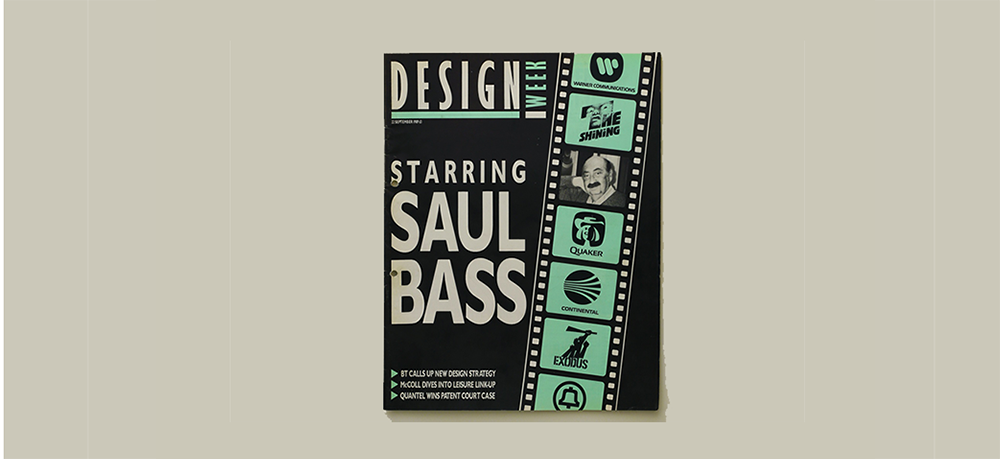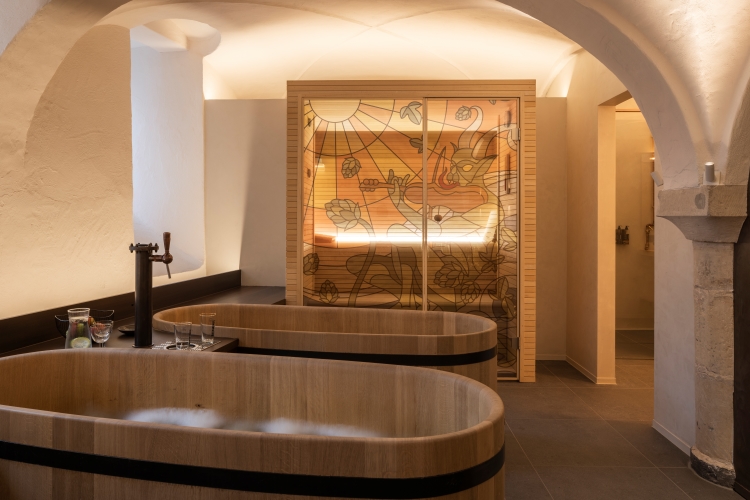Sector specialisms: are the risks worth the rewards?
Studios reflect on why they chose to specialise, the creative and commercial values and the risks that come with “cutting off potential clients”.
Working with diverse clients across sectors is the norm for most design studios but while having a varied portfolio is often seen as a strength, some designers have discovered the benefits of sector specialisms.
From improving chances of winning work to making the task of recruiting easier, specialising seems to have been a wholly positive experience for New York-based studio Minds + assembly and Leeds-based studios Madeby.studio and ThreeTen Seven. But what triggered their decision to specialise after working freely across sectors for many years and is there a downside?
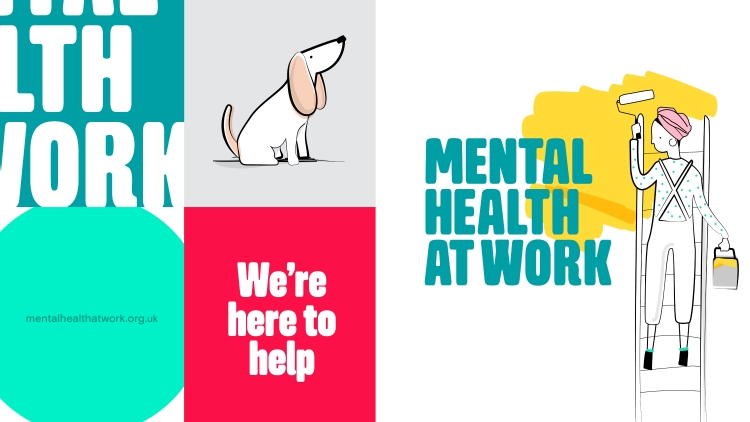
“Meaningfully different”
For brand and strategy agency ThreeTenSeven – previously known as Thompson Brand Partners since 1983 – the time for change came about in 2020, two years after a management buyout by three of its partners. The consultancy’s managing director Rachel Cook says the decision was prompted by “strategic and commercial” factors.
Despite the design team regularly advising clients to “differentiate themselves and have a service that is unlike other peoples”, Cook says they realised they were not taking their own advice. She describes the design industry market as saturated in the sense that studios can only differentiate from each other when pitching via strong work credentials.
Being “meaningfully different” makes you “irreplaceable”, according to Cook, which is why the 15-strong studio decided to specialise in health and wellbeing. She adds that the agency saw “a gap emerging for brand and strategy” and had “strong case studies” in the sector.
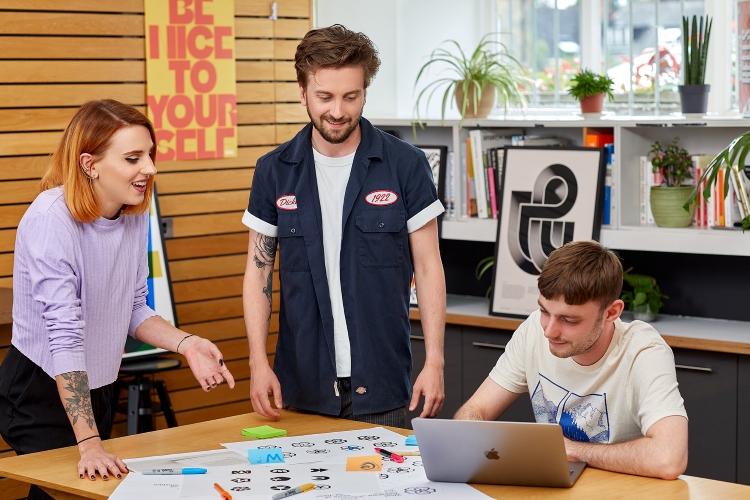
“If you’re speaking to everyone, you’re speaking to no one”
Digital design consultancy Madeby.studio is only four and a half years old and the initial team of three – soon-to-be five – made the decision to specialise just a few years after its conception in 2022. The studio started out with a broad remit but soon realised this impeded its client outreach because “if you’re speaking to everyone, you’re speaking to no one”, says co-founder and digital director Matt Wheeler.
He also found working in certain sectors, like construction, limited the team’s creativity, while switching to specialise in green tech put them in touch with new innovation and gave them “more flexibility on briefs” as there was a big appetite for creativity from clients.
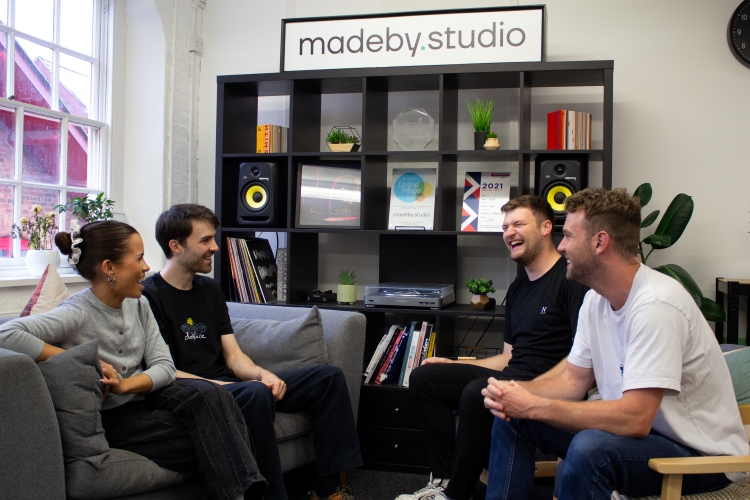
“Contributing to the world”
Both Leeds studios note that it was as much a values-led decision as it was commercial but Minds + assembly has specialised in healthcare and pharmaceuticals from the outset. Its head of design and co-founder Stephen Minasvand claims it was purely based on a shift in values.
Minasvand explains how he began his career at an ad agency focused on the “digital branch” of content and design, working with companies like the US Army, Intel, and Microsoft, before moving to “a really small design shop” where he worked with NBA players launching shoe lines, as well as high fashion and cosmetics clients, such as MAC.
As he remembers questioning whether his work was “contributing to the world” in a meaningful way, Minasvand compares the amount of “money, time, design and strategy” that went into a shoe box to what goes into a “flimsy little medicine box with terrible type and colours”. At the time, he says he saw healthcare as a sector full of “tepid, unfulfilled, inauthentic design”, though thinks most designers “wouldn’t touch healthcare or pharma with a 60-foot pole”.
People who suffer from chronic diseases encounter the medical world almost every day and “that experience, that box, is an association with who they are”, says Minasvand. He adds that the decision to specialise and start Minds + assembly in 2015 came from the belief that people “deserve some beauty in that experience”.
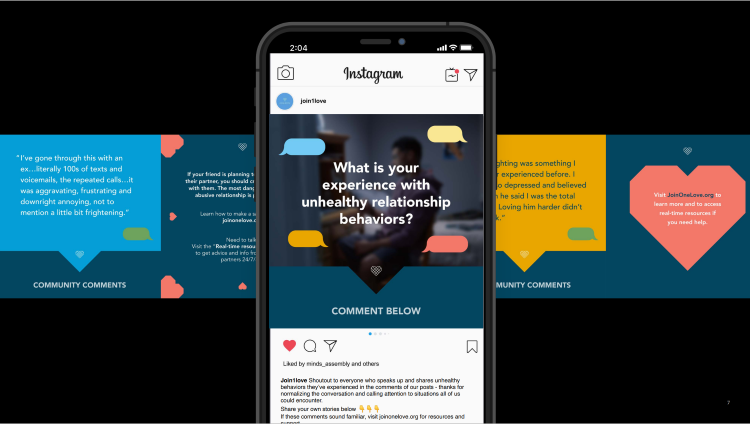
“Being realistic and commercial”
While Minds + assembly has strictly worked in its specialist sector since 2015, Made.by still works with clients outside of green tech if there is “a value alignment” and they care about “people and the planet”, says Wheeler.
Like Madeby.studio, ThreeTenSeven aims to spend at least 60-70% of its time on health and wellbeing projects and has a values-led criteria for working with clients who don’t fall into the sector. Cook says that the studio is “being realistic and commercial” about it, adding that it is good to retain “some diversity”.
She explains that if a project is “commercially viable”, but the client is not within your chosen sector, you don’t have to advertise the work as much as you would normally in order to “strengthen market positioning”.
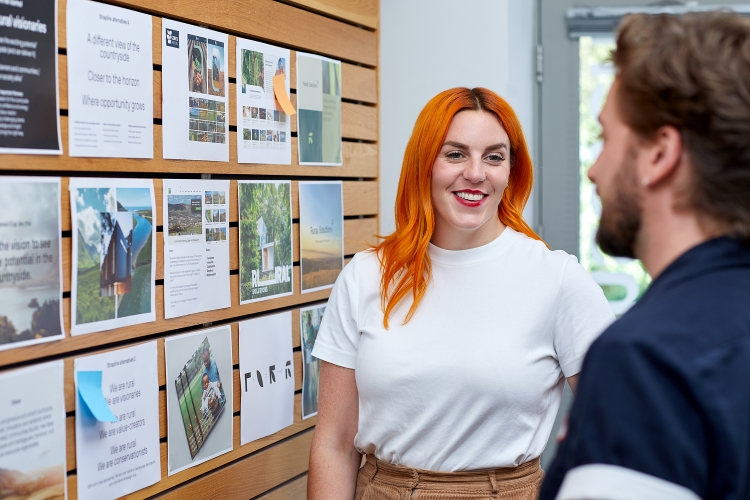
“Charging more for specialist knowledge”
Cook says that specialising has “reduced the field [they’re] playing in”, as the studio is one of a few health and wellbeing design specialists in the industry, rather than one out of the hundreds of “generalist” studios. Wheeler adds that, with only around five design agencies working in green tech rather than a few hundred, there is “more chance of converting a client lead into a potential project or partnership”.
Positioning the team as experts in a certain area also “allows you to charge price premium”, according to Cook. Wheeler agrees that “if you are a refined and niche specialist, you can charge more”, as clients are not just paying for the time “but also for the value of the team’s specialist knowledge”. He mentions that Made.by recently won a project where the client had three companies in mind and, even though Made.by was the most expensive, the client was “happy to pay the premium to have specialists work on the project”.
ThreeTenSeven noticed unexpected benefits in the “recruitment and HR” departments, says Cook, as “the number one thing that people mention in interviews” is the health and wellbeing specialism. She believes that is what “attracts people who are interested in the sector” and “appeals to people who are driven by values and purpose”, making interviews and recruitment easier.
Being a smaller team, Madeby.studio cannot afford the cost and time that comes with creative pitching, but Wheeler claims the team has not done any creative pitching “for over a year” since specialising, as “the credentials speak for themselves”.
On the business side at Minds + assembly, Minasvand says “it’s been a trajectory that [he] would never have anticipated” and he never realised how quickly people on the client and employee side would take to it. In eight years, the studio grew from a team of three founders based in a WeWork to an international agency of 170 people “that’s competing with giants”, like IPP and WPP, which he credits to the specialism.
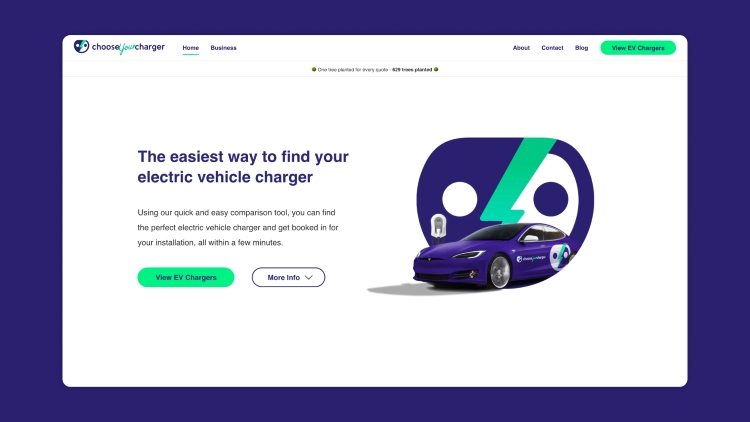
“Cutting off potential clients”
One question that came up when deciding to specialise was: “will it put off other people from coming to us and close down our options?”, says Cook, a query that both Minasvand and Wheeler resonate with. The dilemma is perhaps more significant to ThreeTenSeven and Madeby.studio, as they still opt to work with clients outside of their specialism and so, must consider how to remain an attractive choice to them.
While Wheeler says he was previously “hesitant” about “cutting off potential clients”, he now finds it more efficient to target “a few hundred companies rather than thousands”. For Minasvand, specialising also meant being selective about who joins the agency to “maintain the integrity of [its] growth” but he reinforces that being selective helped Mind + Assembly to “define” its offering.
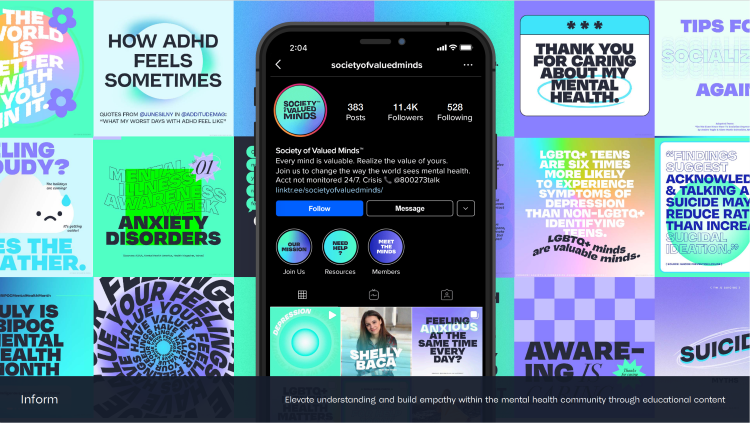
Protecting against inherent risk
One significant risk attached to specialising is that some sectors can be affected by unexpected “downturns” so “spreading your risk across sectors” could seem more appealing to some, says Cook. “If we’d have specialised in property during the pandemic we would have been annihilated,” she adds.
Despite this, Wheeler explains that Madeby.studio is “very flexible” in how it focuses marketing and messaging, meaning that in five years its focus might change again if the team is no longer fulfilled by working with in green tech.
It could be that remaining flexible and retaining some clients outside of the sector is the safest way to specialise, as well as evaluating the chosen sector on a regular basis to ensure that it is still creatively and commercially fulfilling.
-
Post a comment
